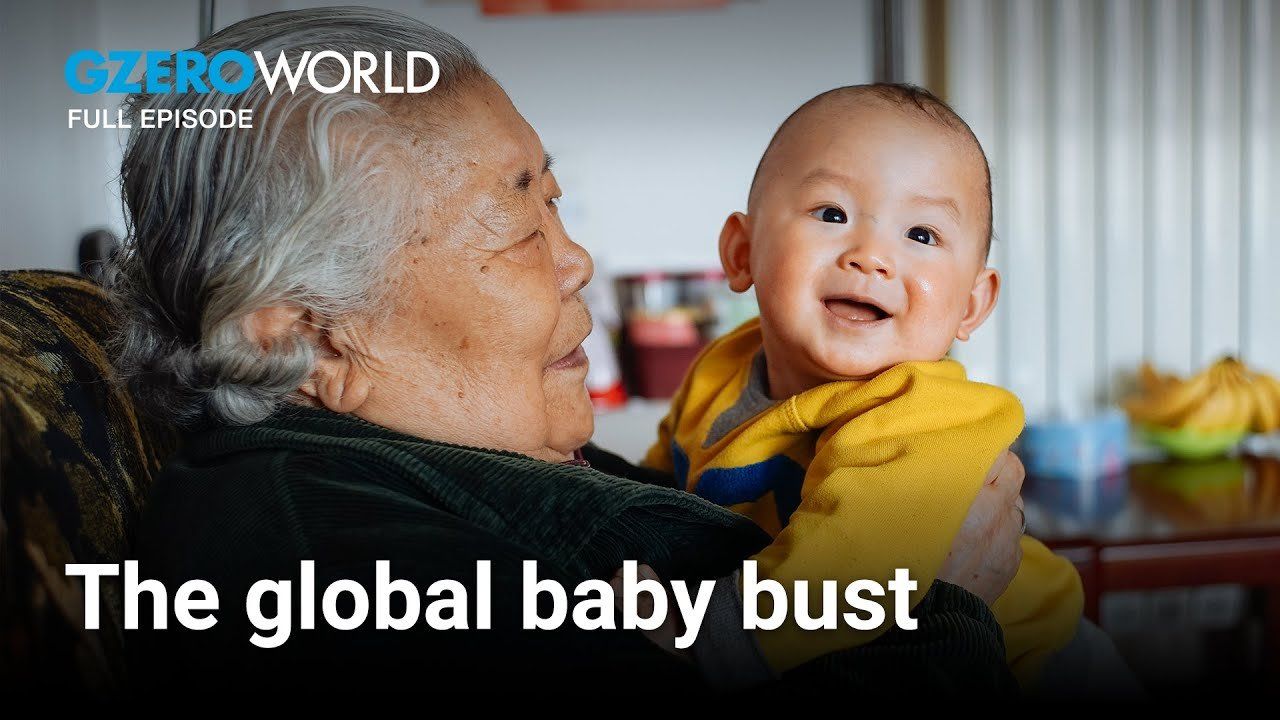
How worried should we be about population collapse? Two-thirds of the people on Earth live in countries with fertility rates below replacement levels of 2.1 children per woman. Experts warn the global population will start falling within 60 years, dramatically impacting the future of work and social security. In the US, Vice President-Elect JD Vance has repeatedly expressed alarm over falling birth rates. Elon Musk has called population decline “a much bigger risk” to civilization than global warming. Places like Japan and Italy are already grappling with shrinking workforces, skyrocketing retirement costs, and healthcare systems stretched to their limits. So, we are heading toward demographic catastrophe, and can governments do anything about it? On GZERO World, Ian Bremmer sits with Jennifer Sciubba, president and CEO of the Population Reference Bureau, to discuss population decline, the global fertility crisis, and why now is the time to reorient our economic and social welfare systems for an aging future.
“The governments that do not adjust their systems to deal with what you actually have, which is an aging smaller population in the future,” Sciubba warns, “They will have a problem."
GZERO World with Ian Bremmer, the award-winning weekly global affairs series, airs nationwide on US public television stations (check local listings).
New digital episodes of GZERO World are released every Monday on YouTube. Don't miss an episode: subscribe to GZERO's YouTube channel and turn on notifications (🔔).